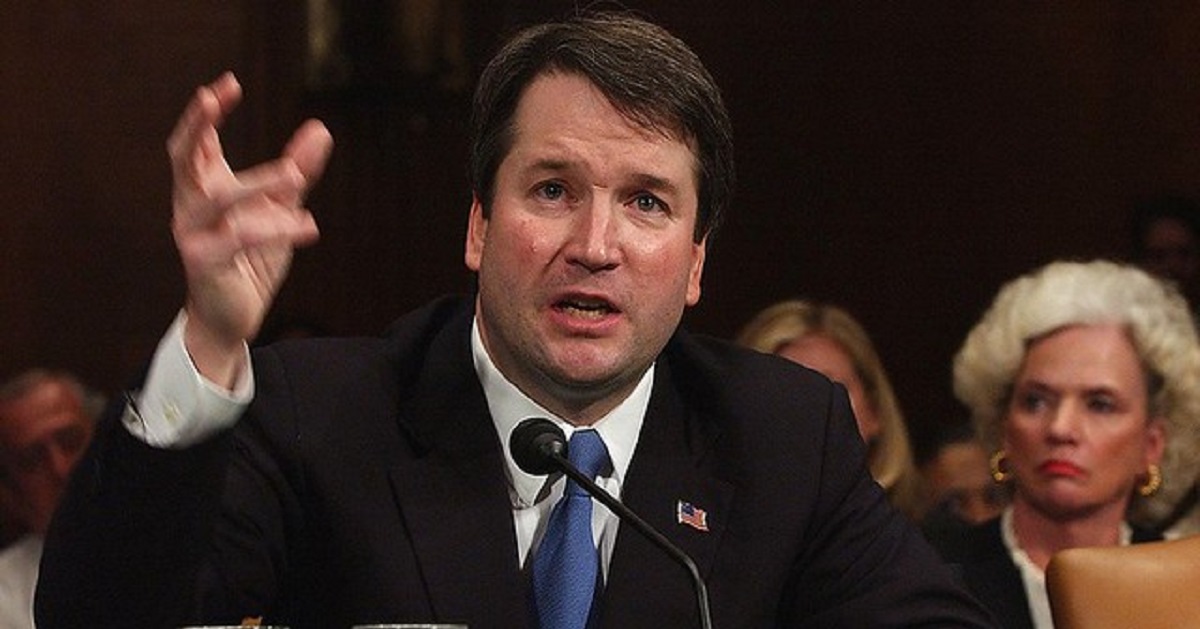In a very surprising decision, Justice Brett Kavanaugh sided with the liberal side of the Supreme Court.
The decision will now allow the case against Apple to move forward in the lower courts.
Price Gauging
Apple users have become frustrated with the high prices charged in the app store, and for good reason.
The markups on some of the applications are fairly ridiculous.
At the center of the legal battle is the price influx directly related to how much Apple charges developers.
Apple contends it is not technically the seller even though the apps are purchased through its app store, but Justice Kavanaugh and the liberals on the bench disagreed.
Apple furthermore stated that when all the facts are presented, the company will ultimately prevail in the case.
As the system is currently set up, Apple charges developers $99 per year as well as a 30 percent commission on all sales.
Developers, of course, pass these costs onto subscribers by marking up their apps to cover these costs.
Kavanaugh, in his opinion, stated, “It is undisputed that the iPhone owners bought the apps directly from Apple.
“In the retail context, the price charged by a retailer to a consumer is often a result (at least in part) of the price charged by the manufacturer or supplier to the retailer, or of negotiations between the manufacturer or supplier and the retailer.”
The Butterfly Effect
Had the Supreme Court shut this case down, it would more than likely been the end of it and any discrepancies with companies over markups.
However, if the case goes forward in the lower courts and Apple ends up losing the case, the trickledown effect of this will be staggering and could literally cripple the e-commerce industry.
Take Amazon for instance…
Amazon charges retailers using the site a monthly fee as well as a commission on each sale.
eBay does much the same, but with far higher costs.
Depending upon the seller level, a wide-ranging commission is charged on every sale as well as a flat fee per sale.
Additionally, retailers are then hit with commissions from PayPal for accepting payment through their platform, which is how most buyers pay.
When all is said and done, the seller is paying about 15 percent of each sale to eBay and PayPal.
The same model is used by every e-commerce outlet offering retail goods, with percentages varying.
However, it is worth noting that most of these outlets do not take the significant percentage Apple takes from its developers.
Now, this may end up being much ado about nothing if the lower courts find in favor of Apple but make no mistake about it, Kavanaugh’s decision to allow this case to move forward has sent a ripple throughout the e-commerce world that has all of these platforms sleeping a little less easy tonight.
You can read the full report on Fox News.
We depend on our readers to help us get the word out. So, if you agree with this article, please like and share the article on your favorite social media outlet.
